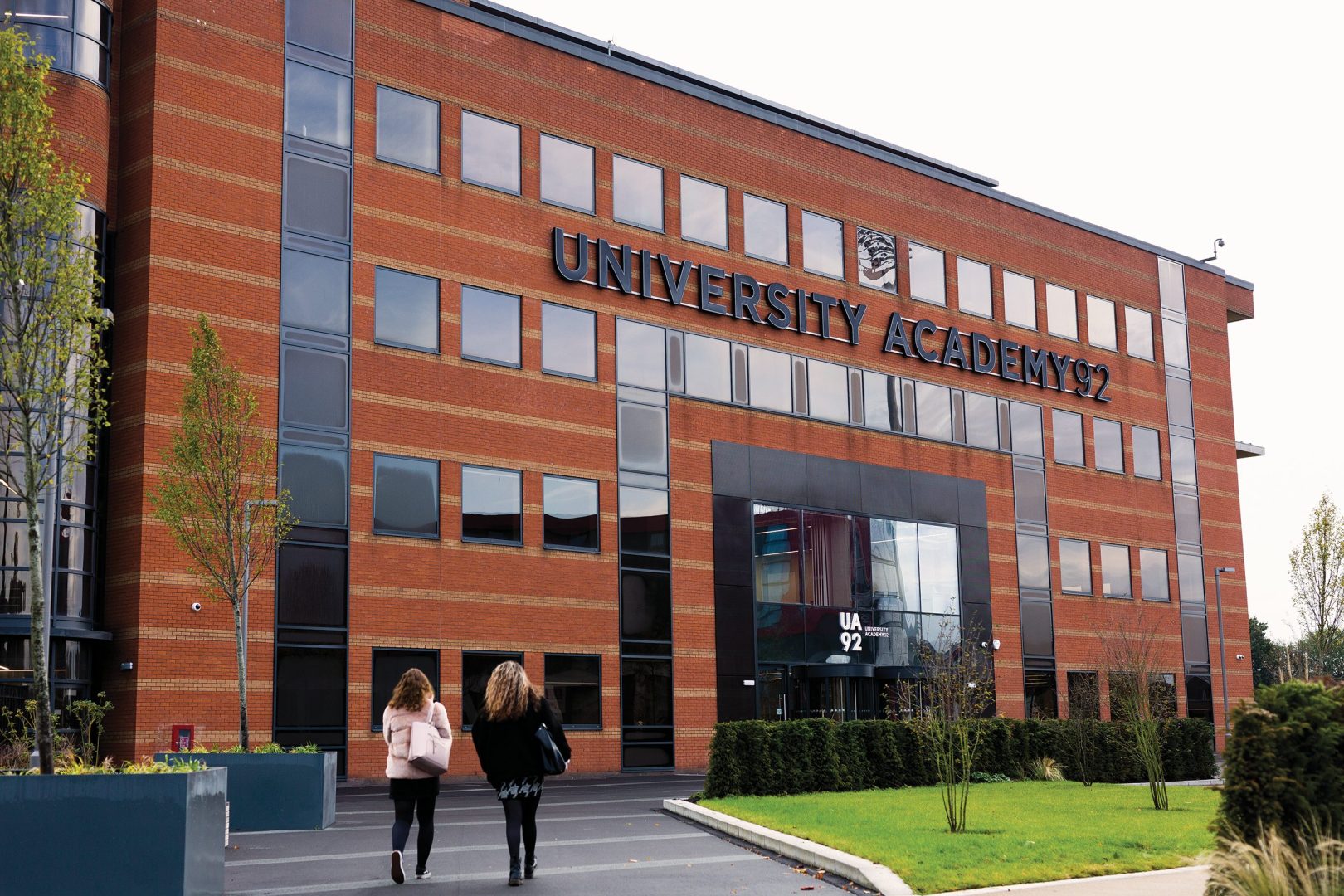Why the Teaching Excellence Framework (TEF) matters, but only scratches the surface of the change required by the higher education sector.
By Gary Pritchard UA92 Chief Academic Officer
Anyone who has attempted to transform a university department’s old school chalk and talk learning culture, or provoke pedagogic change at a stubborn faculty committee, will at some point drifted off into a mind fantasy – “what if you could start this whole thing again from scratch?”. Well, I am the lucky person who got to turn such a fantasy into reality.
As Chief Academic Officer of UA92 I joined a group of change makers who were determined to make higher education “deliberately different”. And that’s not just hubris from an over enthusiastic academic. This week we were awarded SILVER overall in the Teaching Excellence Framework (TEF) scheme, becoming the youngest higher education establishment to achieve this rating. TEF is the national scheme run by the Office for Students and the ratings reflect the extent to which a provider delivers an excellent experience.
Whilst delighted to be recognised for our groundbreaking approach, for us it was a no-brainer to organise our teaching timetable by guaranteeing a morning or afternoon choice of study time, so that students can take part-time work or care responsibilities. Also, stripping back the curriculum so that cohorts learn one module at a time with no end of year exams, along with the option to start their studies throughout the year, rather than the traditional September bunfight of most universities.
Perhaps the most satisfying aspect of the SILVER TEF outcome was the acknowledgment of how well we support the ‘distance travelled’ by many of our students – or what the Office for Students (OFS) call Learning Gain. This means that wherever an individual starts their learning journey, they will not be disadvantaged by the fact that they may not have been triple-A* school A-Level graduates or might never even considered going to university due to past negative educational experiences or perhaps their learning disabilities. When we say ‘education for all’ we really mean it.
Which is why it is baffling that despite the millions of pounds designated and spent by university research departments on infinite academic enquires, the way the sector teaches students remains stubbornly static. Laying aside for the moment debates around the purpose and value of gaining a degree, how we prepare our graduates for the world of work and life in general has reached a critical crossroads. With the world straining to evolve in the face of massive challenge, the sector doggedly maintains that the lecture, seminar and tutorial learning still rules in the face of a tsunami of change. This, despite the majority of content delivered in lecture theatres up and down the land is readily available via a few clicks online. We have joked for years about ‘death by PowerPoint’ but we are arguably sleepwalking into pedagogic oblivion via teaching methods that are not so much out of date – more a prehistoric predilection. Researchers McWilliam and Dawson argue that the resilience of the lecture, or the ubiquitous culture of transmission, is hard wired into the traditional model. They suggest that it is unlikely that these elements of ‘command and control’ pedagogy will be easily relinquished by those who have been rewarded for decades for what they know and their capacity to instruct as a ‘lecturer’.
Unqualified praise should be held for the faithful band of learning and teaching stalwarts across the sector who lean into radical ideas and research calling for change, but as I quickly discovered after attending a few early pedagogy conferences – most of us are singing to the choir year after year with little take-up by the academy at large. Whatever the advances, research around learning science is still the poor cousin of higher education enquiry. Meanwhile, the world cries out for radical solutions and talented versatile graduates who can reach beyond their dissertation outputs and impact the real lives we all live with fresh ideas and revolutionary action. Ladkin and Taylor frame it thus “… we live in a complex world, which cannot be fully understood solely by reference to scientific forms of logic and sense-making.” They conclude with a challenge to higher education to, “provide different ways of both describing and relating to that complexity, thereby offering novel ways of responding to it”.
Meanwhile outside of academe, the university sector is continuously criticised by both politicians and the corporate world for failing to adequately prepare graduates for the world of work. A study by the Association of American Colleges and Universities highlighted employer priorities when it stated that a capacity to employ critical thinking, clear communication and problem-solving prowess was more important than a job candidate’s degree subject or classification. Alongside this, new thinking on curriculum development and delivery is required to address the rapid transformation of the workplace via the so-called Fourth Industrial Revolution.
The most recent World Economic Forum study (Future of Jobs Review) identified what they consider to be the ‘10 Skills You Need for the Future of Work’. The report predicts that in five years, one third of the skills we currently state as essential for today’s workforce will have changed. The 10 new skills required were reported as: Creativity, Emotional intelligence (EQ), Analytical (critical) thinking, Active learning with a growth mindset, Judgment and decision making, Interpersonal communication skills, Leadership skills, Diversity and cultural intelligence, Technology skills, and Embracing change. This highlights the challenge universities face in preparing graduates for a future workplace with many unknowns attached to it – including student attributes that are interdisciplinary in nature. As a result, while many higher education institutions may choose to double-down on the ‘proven’ historic classic academic framework of subject-specific curriculum delivery, others are questioning the ongoing relevance of such pedagogy. Commentators Kosslyn and Nelson argue that higher education is facing four overarching problems – students are leaving college woefully unprepared for life after graduation, college is too expensive, more than half of students don’t graduate. And even when they do, they suggest, they have often been intellectually absent during much of their time in college.
This combination of factors is forcing concerned educators to re-examine how they deliver a strong student experience in the face of considerable hurdles: the marketisation of higher education, the breakneck evolution of technology, outmoded curricula and student mental health and well-being factors, and a rapidly under-funded HE sector. We cannot expect academic faculty to become renaissance superhumans, delivering edge-of-the-seat teaching and up-to-the-minute pedagogy on technologically future-proofed courses while offering well-being support to frazzled socially mediated undergraduates. Having said that, the era of the academic whose simple trajectory is to deliver windows of robust research-led teaching while returning research outputs to the Research Excellence Framework (REF) is over – at least in the majority of the new universities. The time feels right for a radical review of how we deliver our education, but in order to achieve this, old paradigms will need to be challenged.
As a relatively recent start-up, we at UA92 have had the luxury of questioning everything from how we teach to exploring the mix of so-called soft skills verses subject specificity. If the maxim that we are preparing students for jobs that don’t even exist yet is true, then the dependency on a narrow competency-based student experience must radically change. Our ’92 Programme’ aspect of our curriculum grew from its origin as the values-based training the class of 92 former footballers embraced from Sir Alex Ferguson and aims to challenge the old paradigm. Several years in the making where we consulted blue chip companies such as KPMG, Talk Talk, Microsoft and McCann to name a few, along with educational psychologists, coaches and pedagogy experts. The result is what we feel is a game-changing student experience that attempts to marry the best of new learning cultures with dynamic life skills that genuinely prepares graduates for whatever futures they can imagine.
A good proportion of our first graduating cohorts were snapped up into well-respected jobs off the back of what the employers saw as highly advanced graduate abilities. A crucial element of this 92 Programme is the assignment of a personal coach to all our students. Coaches ask different questions to academics – for example, an academic might ask a student to describe their curiosity around a particular task or project. A coach will ask questions around how they will manage their time and emotional health while addressing that same assessment. This crucial shift in weighting from the content-driven curriculum to a holistic human-centred approach arguably gives every student, both value for money, and an exciting path of discovery towards their graduation and beyond. We do not claim to have perfected this approach – our students are very quick to tell us when we get it wrong. But decades after higher education paid lip service to constructivist pedagogic modes of emergent collective intelligence, surely now is the time to practice what we preached. This generation of students are counting on us to move beyond the pale, frail, and the stale. It is up to those of us who can initiate such change to be brave enough and radical enough to challenge both our internal cultures and the sector’s traditional approach.
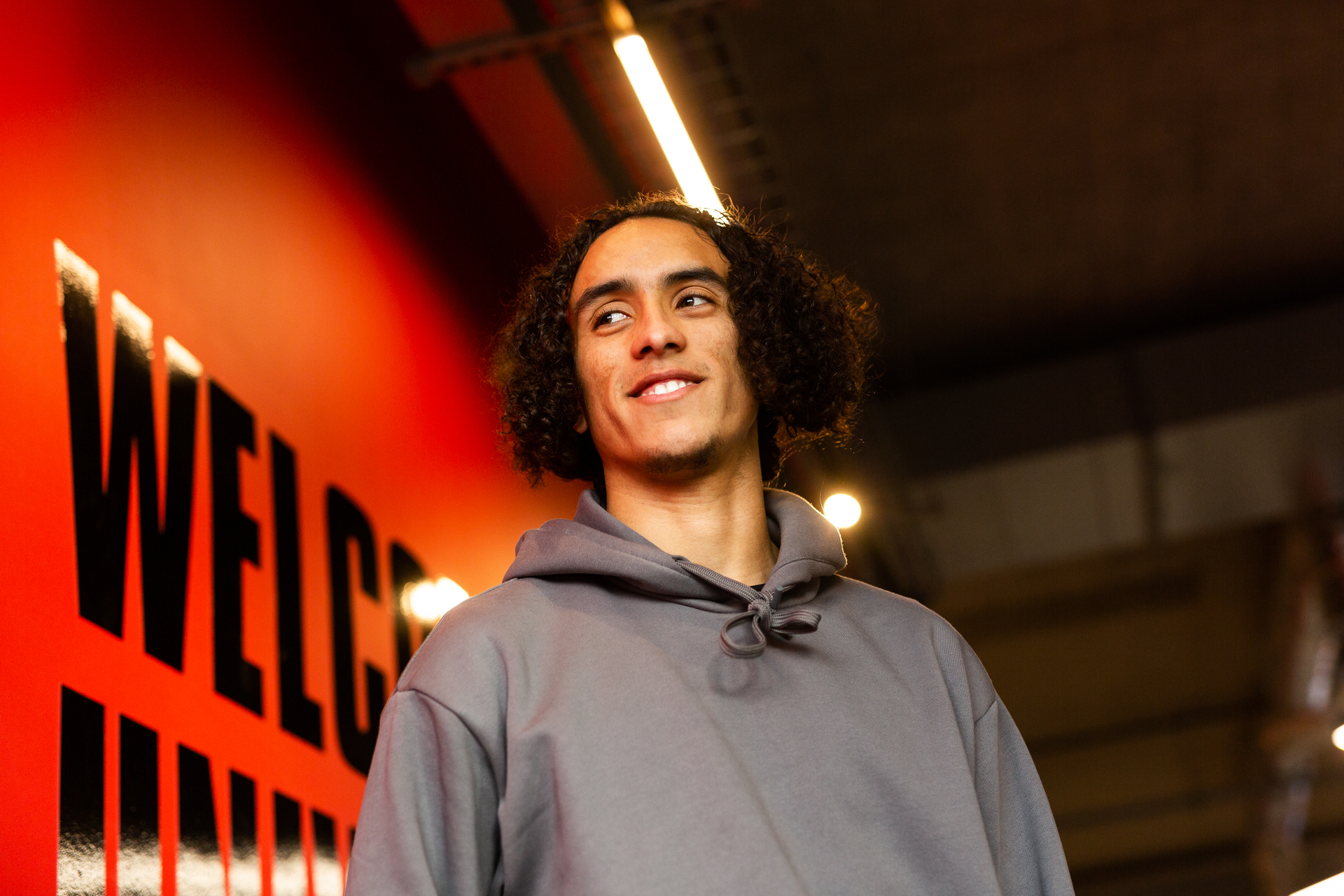 World of Business
World of Business 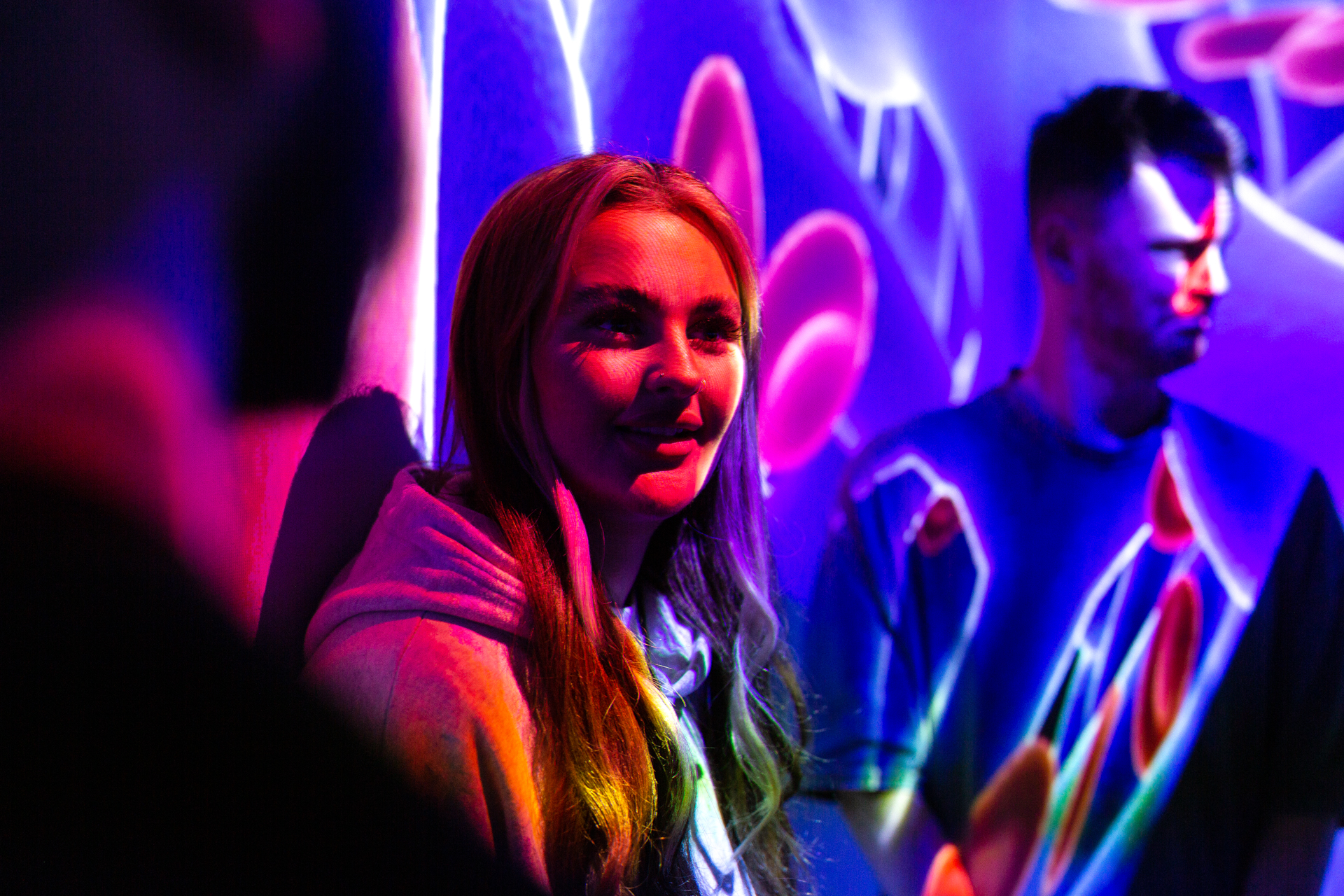 World of Digital
World of Digital 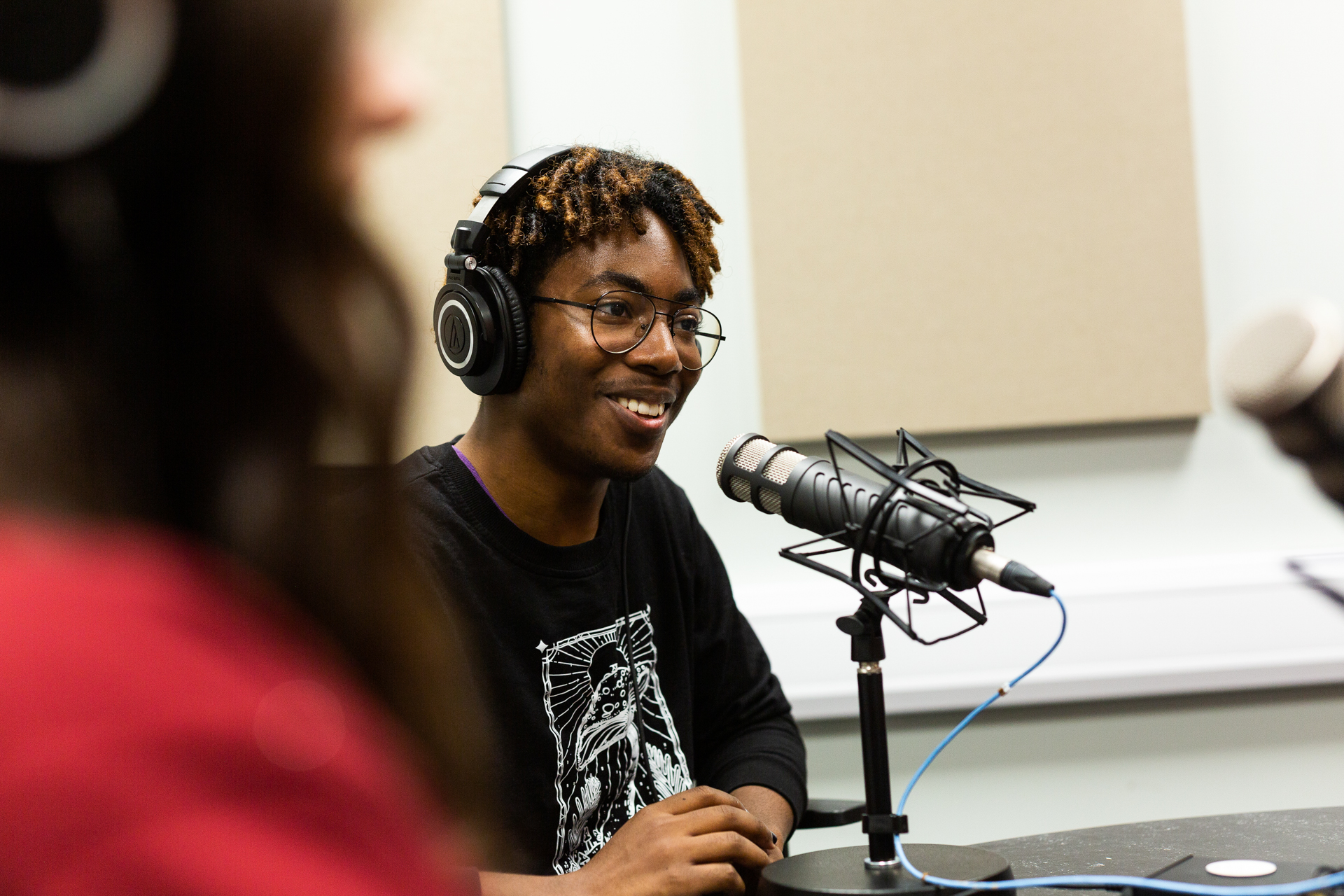 World of Media
World of Media 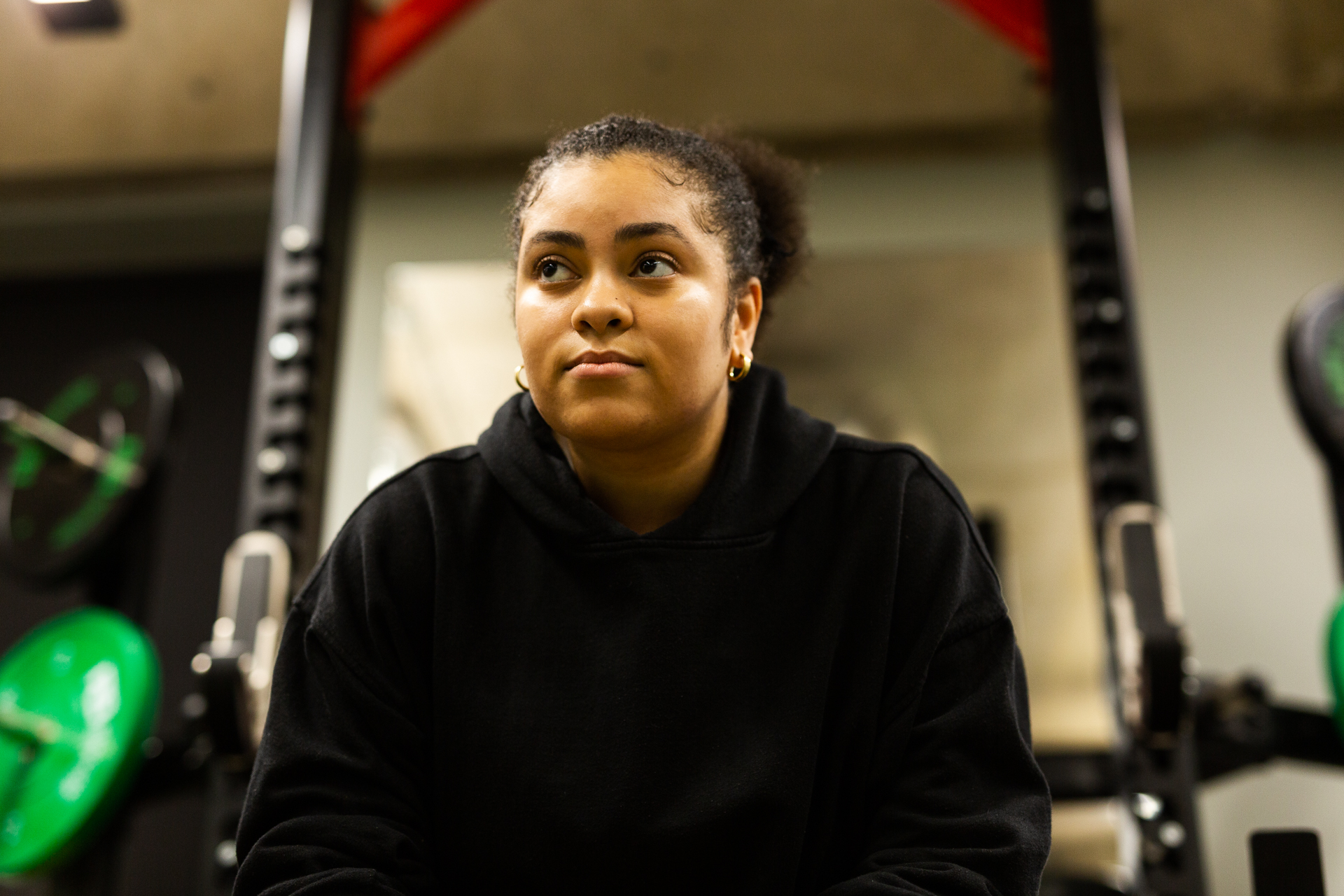 World of Sport
World of Sport 
